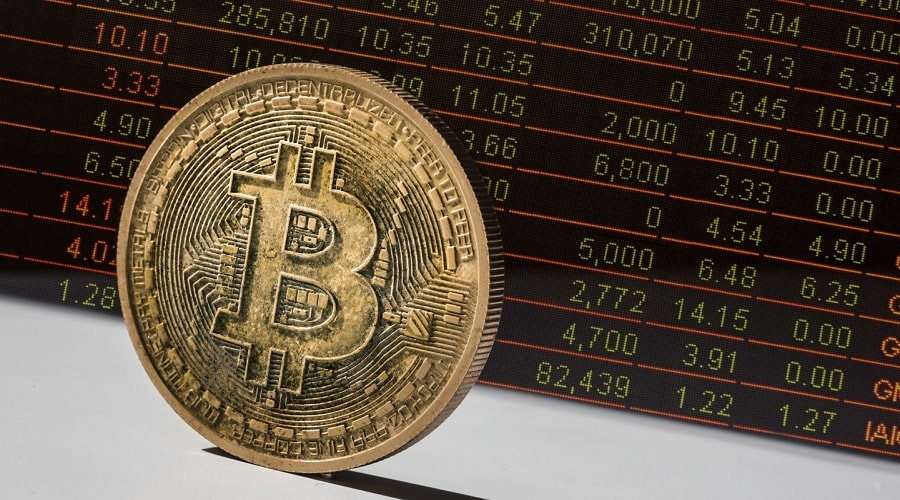Bitcoin: A Futuristic Financial Force or a Bloated Bubble?
In the world of finance, few topics are as polarizing as Bitcoin. Since its inception, the pioneering cryptocurrency has been hailed as everything from a world-changing innovation to a speculative bubble. Let’s delve into the intrigue surrounding Bitcoin.
Bitcoin, the first cryptocurrency, was created in 2009 by the pseudonymous Satoshi Nakamoto. By leveraging blockchain technology, Bitcoin offers a decentralized form of currency that’s free from governmental control. Advocates argue that this presents an enormous opportunity to revolutionize the world’s financial systems, offering unparalleled transparency, security, and accessibility.
Critics, however, view Bitcoin as a speculative bubble, inflated by hype and vulnerable to volatile price swings. They point to the cryptocurrency’s lack of intrinsic value and widespread adoption as currency, arguing that it’s more akin to a high-risk asset than a dependable form of money.
10,000 Bitcoins for a Pizza – The Landmark Transaction
Bitcoin’s journey from obscurity to mainstream attention has been marked by some incredible milestones. One such event occurred in 2010, when a programmer named Laszlo Hanyecz made the first documented purchase using Bitcoin, buying two pizzas for 10,000 Bitcoins. At that time, the value of 10,000 Bitcoins was about €41. Today, those same coins would be worth millions, showcasing Bitcoin’s explosive appreciation over the years.

Mt. Gox Bankruptcy and Bitcoin’s Record Price
Another pivotal chapter in Bitcoin’s history was the Mt. Gox scandal. Once the world’s largest Bitcoin exchange, Mt. Gox filed for bankruptcy in 2014 after a massive hack resulted in the loss of 850,000 Bitcoins. The incident severely damaged Bitcoin’s reputation and raised concerns about the security of cryptocurrency exchanges.
However, despite such setbacks, Bitcoin has reached remarkable price highs, notably crossing €60,000 in 2021. This price volatility underscores both the allure and risk of Bitcoin, with the potential for huge profits and devastating losses.
Bitcoin’s Demand Dilemma
One of the major criticisms of Bitcoin is its limited use in everyday transactions. While some companies accept Bitcoin, its use as a widely adopted currency remains limited due to factors like price volatility, transaction processing times, and regulatory concerns.
Furthermore, there’s a debate about whether Bitcoin is transitioning from a ‘currency’ to a ‘store of value’, similar to gold. While this could expand Bitcoin’s role in the financial landscape, it also highlights the challenges it faces in becoming a universally accepted form of currency. In conclusion, whether you view Bitcoin as a revolutionary force or a risky bubble, its impact on the financial world is undeniable. It has ushered in an era of blockchain and cryptocurrencies that is forcing governments, corporations, and individuals to reevaluate how we define and use money. As we continue to explore this digital frontier, one thing’s for sure – the debate over Bitcoin is far from over.



